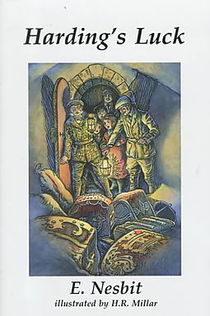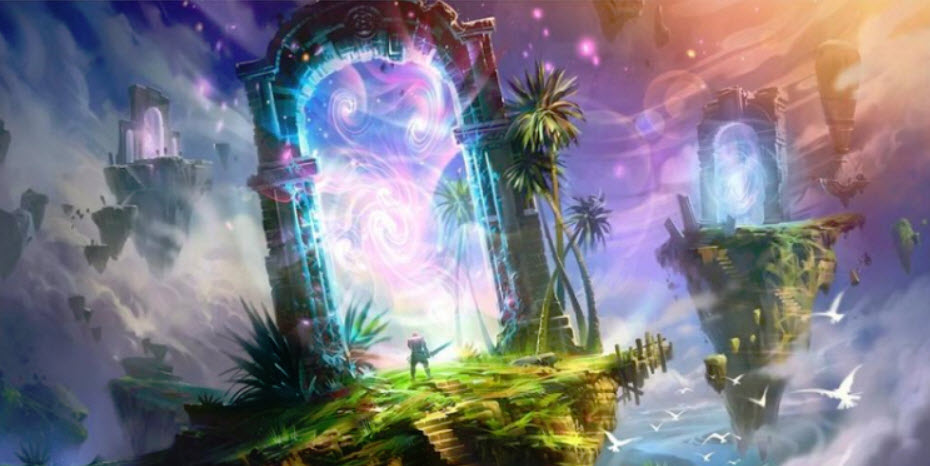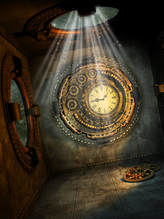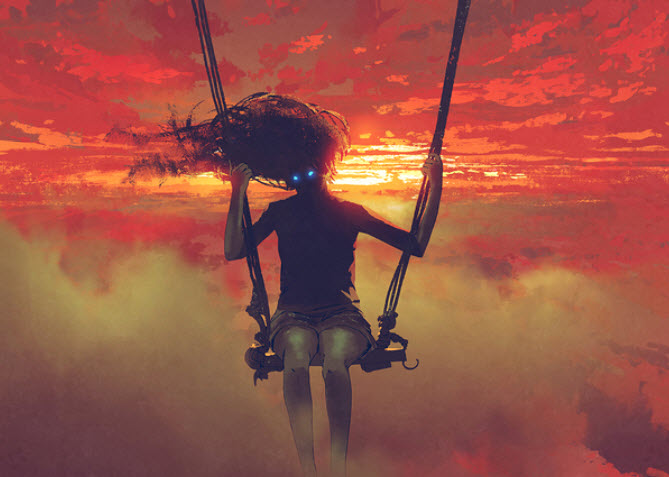
I think of these as portal books. A gate is a public entrance, a way in that everyone is aware of. Some of us may choose not to enter, but there’s no denying its renown. It’s there for everyone to see, bold and unforgettable. Like Babylon’s Ishtar Gate or the Golden Gate of Byzantium or the Meridian Gate to the Forbidden City. But whereas a gateway is public, drawing attention to itself, portals are hidden, only visible to the few—and that’s often where the truly profound magic lies. It’s these sorts of books that reveal most about us. While gateway books are those we share with others, portal books are more personal—they divulge our uniqueness. We rarely talk about them because others will most likely not have read, or even heard of, them.

It’s usually relatively easy to pinpoint how gateway novels have affected you. The influence of portal books, by their nature, is harder to tie down. I’ve only recently realised the connection between this book and my latest novel, which while having a totally different setting, structure and feel to Harding’s Luck, is about portals and the crucial decisions they force on people.
I don’t expect too many of you to have read Harding’s Luck, and I suspect its life as a potential portal book is over. Younger readers these days will probably baulk at the Edwardian street language, and for those of us older readers, the time for gates and portals into reading will never return. You can quite easily find Harding’s Luck online these days. But of course, it doesn’t matter whether or not you’ve read it. You all found your own portals.
This blog appeared in a different form as an Editorial in Aurealis #115.





 RSS Feed
RSS Feed